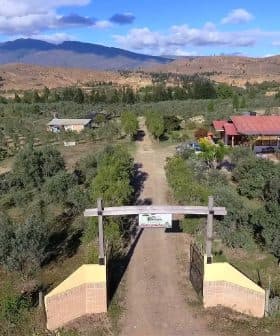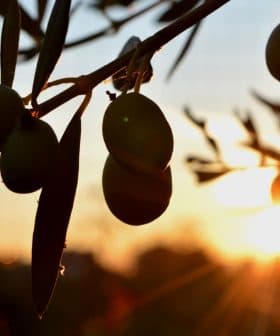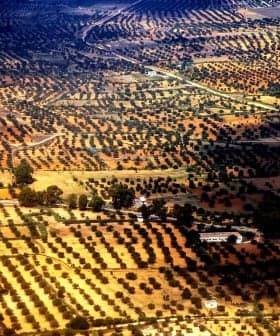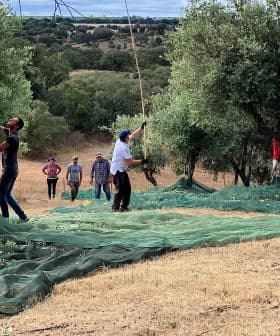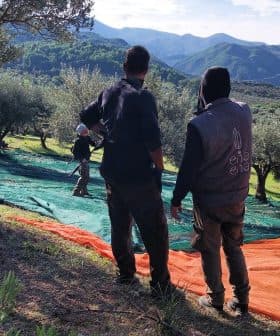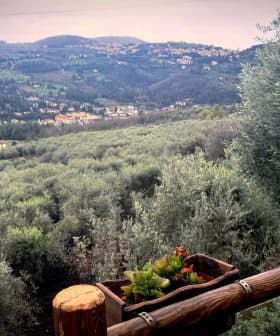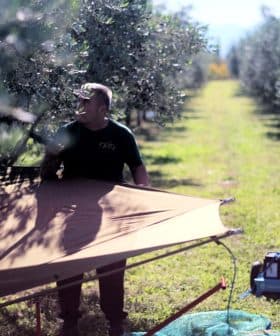The Cretan Producer Who Leaves Nothing to Chance
Terra Creta combines millennia-old traditions with modern technology to produce sustainable and award-winning olive oil on the Aegean Sea.
 Photo: Terra Creta
Photo: Terra Creta  5.9K reads
5.9K readsTerra Creta in Kolymvari, Crete, focuses on producing high-quality olive oil using a holistic approach with an emphasis on sustainability. The company has evolved into a vertically integrated operation that exports to over 40 countries worldwide, has won multiple awards, and is committed to promoting the nutritional value of extra virgin olive oil.
Countless olive trees stretch into the distance on Crete, the largest Greek island and heart of the country’s olive oil industry, accounting for one-third of the country’s total olive oil production.
In Kolymvari, on the western side of the island just a few kilometers away from Chania, Terra Creta makes the most of the unique terroir and local passions to create some of the finest Greek olive oils.
With a plethora of PDO- and PGI-certified olive oil producing territories on the island, we can produce extra virgin olive oils of unique aromas and flavors to satisfy customers with different palates.
“Crete boasts a thousands-years-old tradition in olive growing, and olive oil is indissolubly linked to the island’s history and culinary tradition,” Emmanouil Karpadakis, the olive oil innovation and area exports manager of Terra Creta, told Olive Oil Times.
“Around 75 percent of the Cretan olive oil classifies as extra virgin, whereas Cretans exhibit an insatiable appetite for olive oil with an average consumption of 29 kilograms per year, the highest in the world,” he added.
See Also:Producer ProfilesTerra Creta is focused on quality in production – a mindset that persists from 2001 when the company began its operations in Chania. After moving to its privately-owned facilities in nearby Kolymvari, the company pledged to deliver products of impeccable quality through a thoroughly designed production methodology.
“At our state-of-the-art olive oil mill in Kolymvari, we produce and bottle our olive oils based on a holistic approach that promotes transparency and sustainability from the field to the supermarket shelves,” Karpadakis said.
“We work together with two separate groups of local olive growers under a collaborative model we developed ourselves,” he added. ”It was a challenge, but our efforts have paid off helping our producers work better and our company to produce olive oils of premium quality.”
“We have also intervened at key points in the production process to ensure sustainable management and development,” Karpadakis continued. “We apply minimal to zero harrowing of the soil. We avoid burning crop residues such as olive tree branches and twigs, and we only use plant-protection products friendly to pollinators and no chemical pesticides whatsoever.”
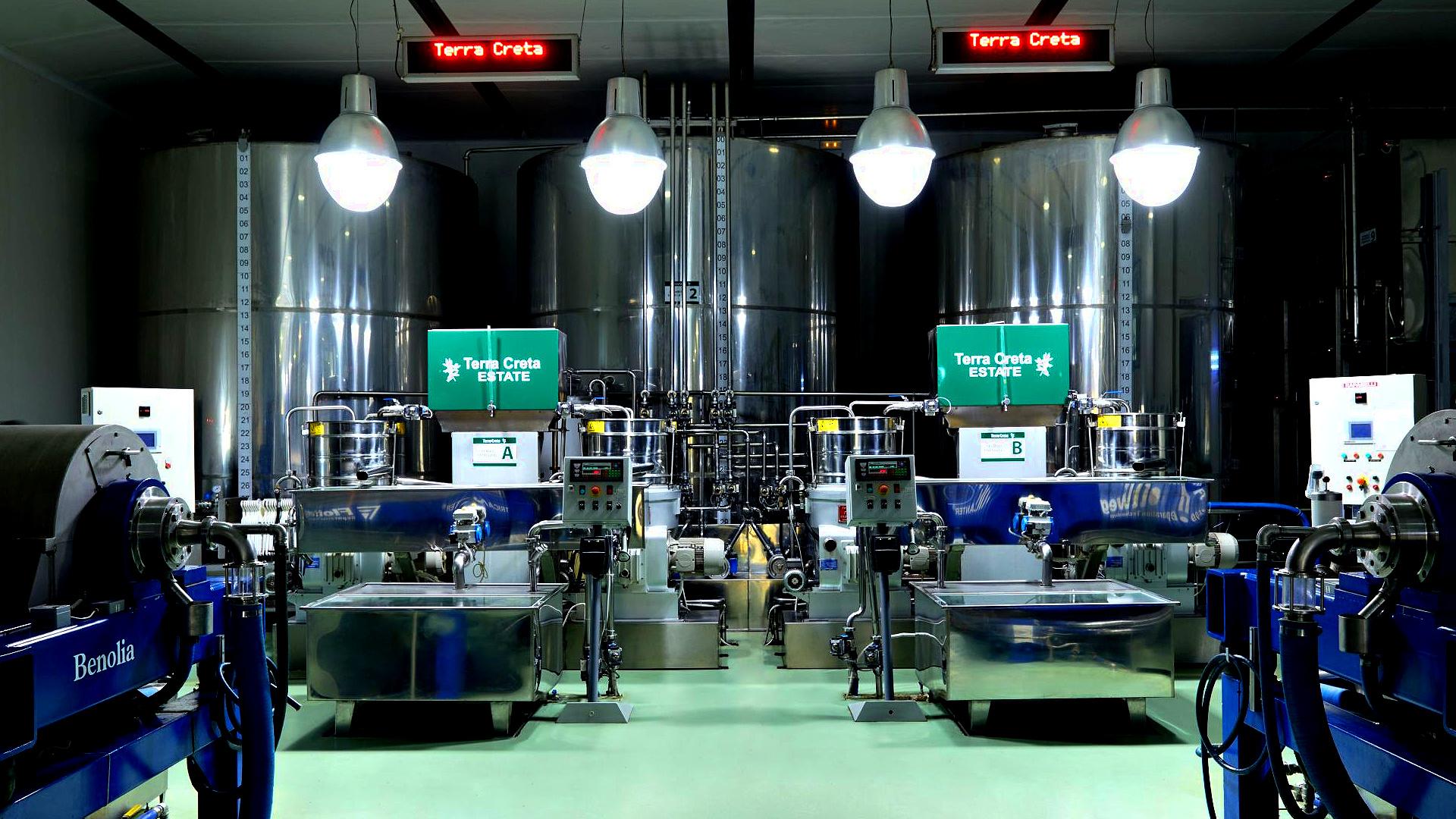
Within 20 years, the export-oriented Terra Creta has evolved to a vertically integrated company encompassing all the necessary operations for the production, bottling and exportation of Cretan extra virgin olive oil worldwide.
Karpadakis, who is also an olive oil sensory evaluation expert, praised the wide selection the fertile land of Crete has to offer to local olive oil producers.
“With a plethora of PDO- and PGI-certified olive oil producing territories on the island, we can produce extra virgin olive oils of unique aromas and flavors to satisfy customers with different palates,” he said. “The sensory profile of our olive oils is always easily recognizable and appreciable by our customers.”
“At Terra Creta, we believe that our focus on responding to market demands and consistently offering innovative products of tangible quality sets us apart from the competition,” he added.
“We keep track of the changes in our customers’ preferences, considering the growing global trends for olive oils of special sensory profiles and improved health benefits. It is a sector we’ve heavily invested in over the last decade.”
Terra Creta currently exports to more than 40 countries worldwide, including Germany, France, Belgium, China, South Korea, Australia and several Latin American countries.
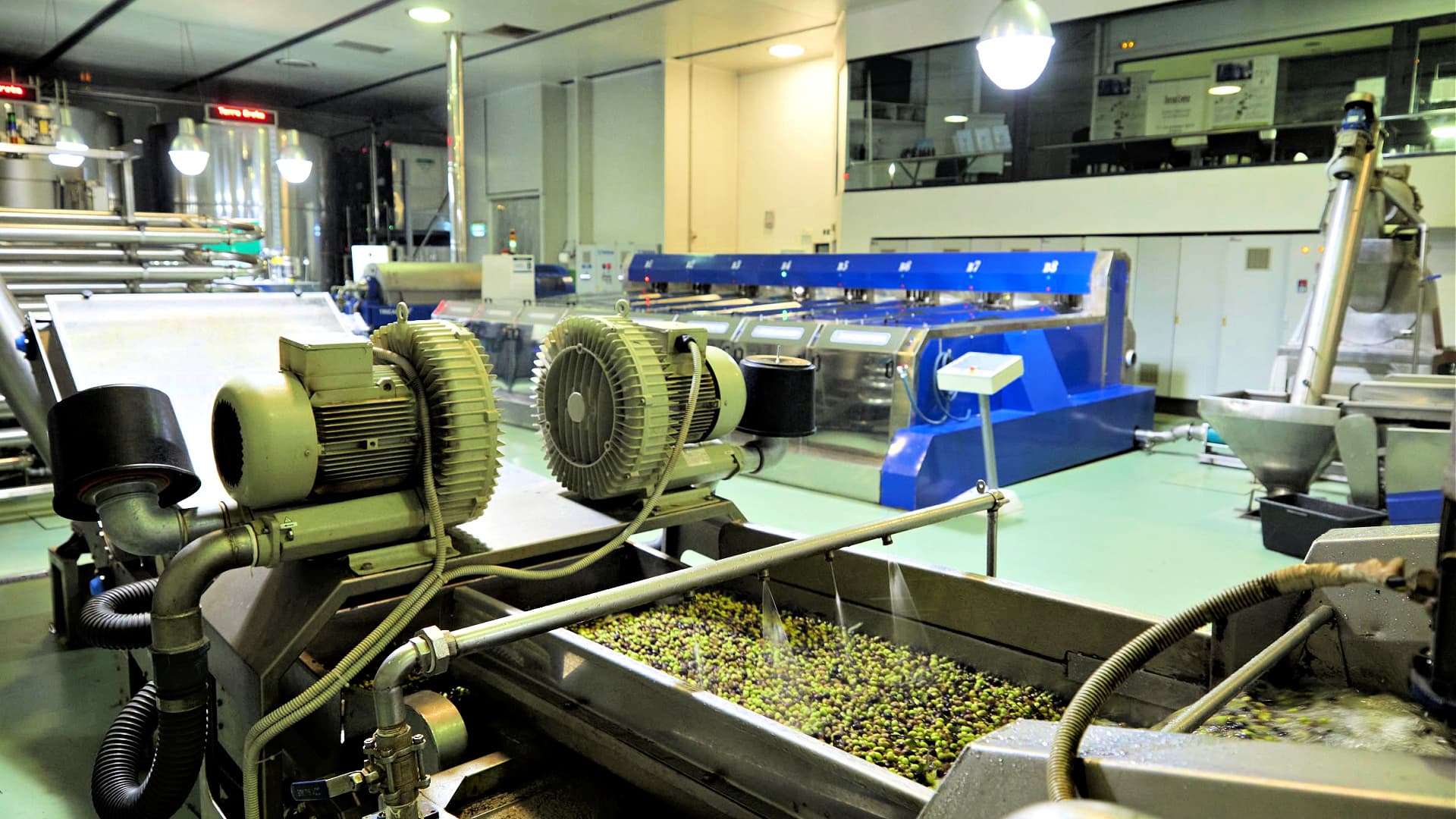
Karpadakis compared the company to a well-oiled machine, where meticulous production seamlessly combines with novel applications to cover all aspects of modern olive oil production.
“We have developed a traceability system that enables consumers to track the origin of the olive oil they buy,” Karpadakis said. “It offers complete transparency and is highly valued by both distribution networks and consumers.”
Terra Creta has also pioneered the introduction of an annual sustainability report in the Greek olive oil sector, Karpadakis said, having already lowered carbon emissions in their production chain by 15 to 30-percent compared to the rest of the industry.
“The sustainability report we first embedded in our operations is a milestone in our company’s history and paves the way toward completely sustainable production of olive oil in the next few years,” he said. “Our effort in achieving sustainable development, known as ‘Our World 2025’ among us, demonstrates our vision and sense of responsibility to create a viable future.”
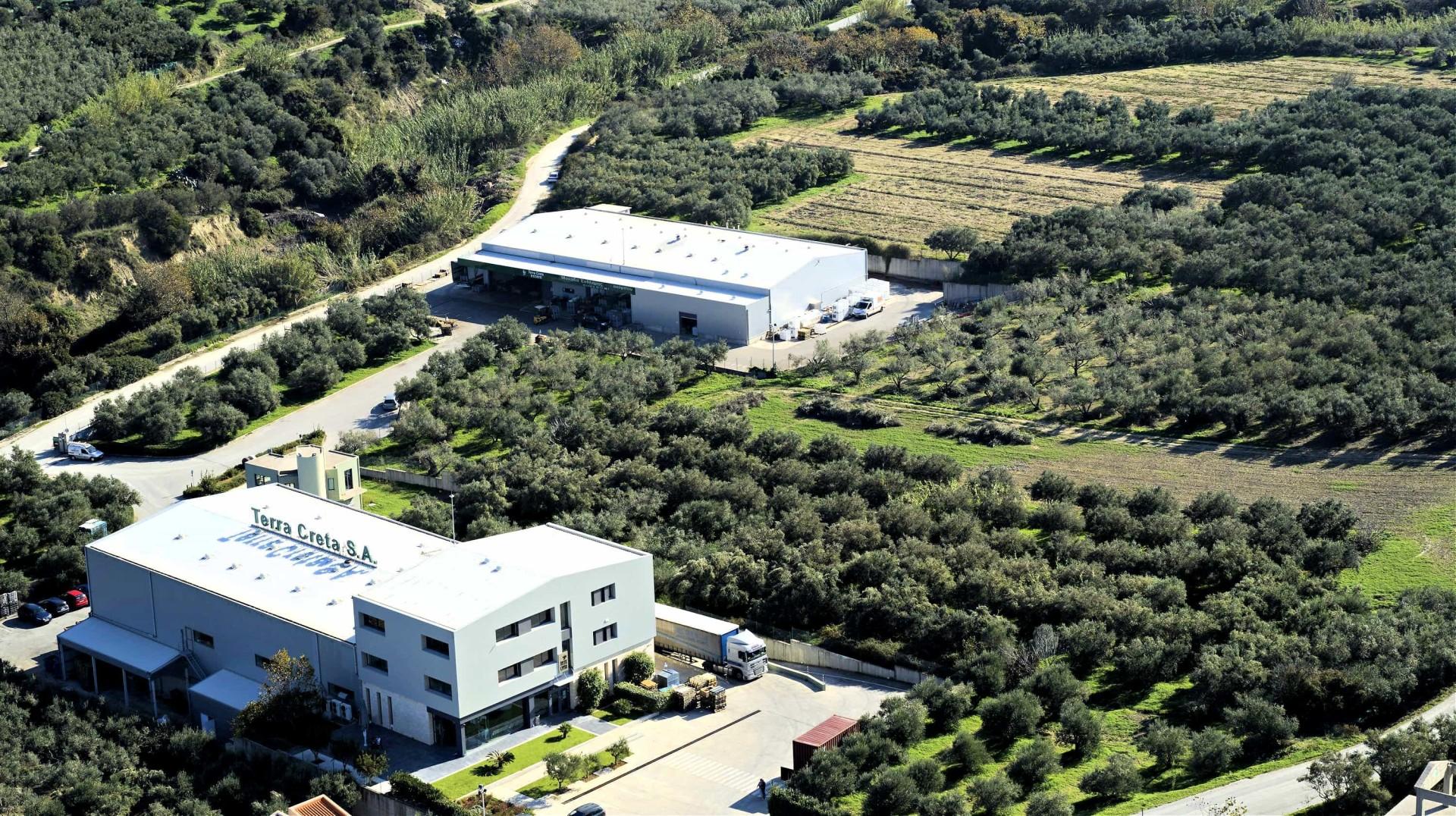
Attention to detail has also placed Terra Creta among the Greek producers excelling in the NYIOOC World Olive Oil Competition. The company significantly improved its tally from two Silver Awards in 2020 to three Gold Awards in the 2021 edition of the competition.
“Winning in world-class competitions… is the culmination and recognition of our efforts to produce olive oil of superior quality,” Karpadakis said. “Our awards also greatly contribute to successfully promoting our products in markets worldwide.”
Recently acquired by Melissa-Kikizas food company, Terra Creta is determined to continue to deliver high-quality olive oils under the same brand name and is always close to Cretan producers.
“Crete’s olive oil industry is an important pillar of the local economy,” Karpadakis said. “Under the new corporational scheme, we aim to expand our cooperation with local farmers and extend our market share in Greece and abroad.”
“The Cretan diet is the foundation of the Mediterranean regime, and it is based on a variety of staple ingredients with olive oil in the vanguard,” he concluded. “Our mission at Terra Creta is to properly communicate the nutritional value of extra virgin olive oil to the ends of the earth so that consumers can choose wisely.”
Share this article


